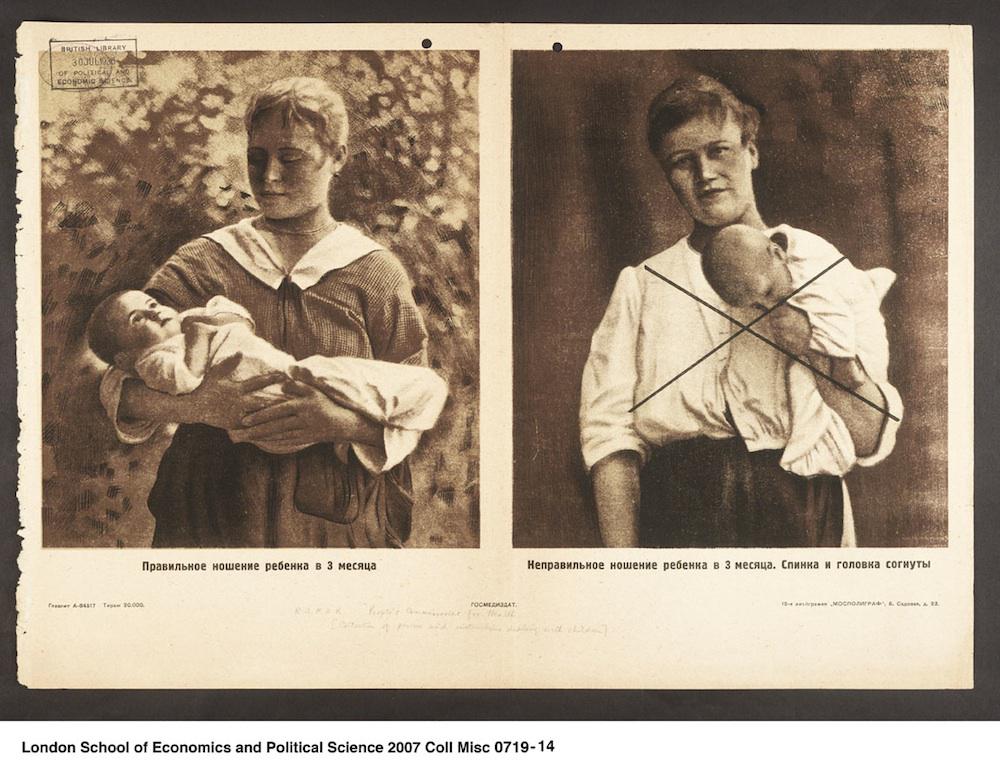If you prefer, you can listen to the podcast version here
If ever a politician got a bum rap it’s Neville Chamberlain. He has gone down in history as the British prime minster whose policy of appeasement in the 1930s allowed the Nazis to flourish unopposed. He has never been forgiven for ceding part of Czechoslovakia to Hitler in the Munich Agreement of September 1938, and for returning home triumphantly declaring “peace for our time”. The very word “appeasement” is now synonymous with him, signifying a craven refusal to stand up to bullies and aggressors. What a contrast to Winston Churchill, the man who took over as prime minister and who has ever since been credited with restoring Britain’s backbone.
But is the standard verdict on Chamberlain a fair one? After all, memories of the slaughter of the First World War were still fresh in the minds of the British, who were desperate to avoid another conflagration. And anyway what choice did Chamberlain have in 1938? There’s a good case for arguing that the delay in hostilities engineered at Munich allowed time for military and air power to be strengthened.
SPEAKERS FOR THE MOTION
- John Charmley – Professor of Modern History
- Glyn Stone – Professor of International History at the University of the West of England
AGAINST THE MOTION
- Piers Brendon – Historian and former Keeper of the Churchill Archives Centre
- Sir Richard Evans – Regius Professor of History and President of Wolfson College, Cambridge University
CHAIR
- Anne Applebaum
YOUR ASSIGNMENT:
Come to class with detailed notes—typed or written— from this debate. Your notes should detail:
- EACH speaker’s arguments
- Evidence deployed to substantiate their arguments
- Rebuttals to arguments made



